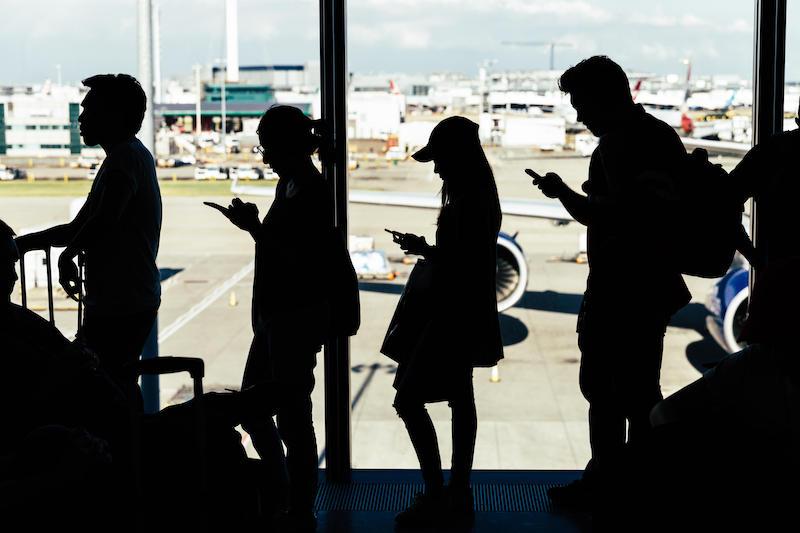Heathrow Calls For Exempting Transit Passengers From UK’s New £10 Entry Fee

London Heathrow Airport (LHR) is encouraging the UK government to exempt transit passengers from the new requirement for Electronic Transfer Authorizations (ETAs) for international travelers entering the country.
The UK launched ETAs in November 2023 for Qatari nationals, and the requirement is steadily being extended to cover the rest of the world. By early 2025, all international passengers from countries that do not need a visa to enter the UK will have to acquire an ETA for a fee of £10 ($12). Only Irish nationals will be exempt.
Bahrain, Jordan, Kuwait, Oman, Saudi Arabia and the United Arab Emirates were added to the ETA requirement list on Feb. 22. By the end of this year, the requirement is planned to extend to the rest of the world, including the European Union (EU).
“An ETA gives you permission to travel to the UK, and it is electronically linked to your passport,” LHR advises passengers on its website. “ETAs will be required for trips up to six months for tourism, business, studying or to visit family/friends.” An ETA will apply for two years and allow multiple entries.
LHR CEO Thomas Woldbye said he does not oppose the ETA concept for passengers entering the UK. But the requirement will also apply to airside transit passengers using Heathrow as a connecting hub, which Woldbye said will put LHR at a competitive disadvantage to other EU hubs.
In a statement included in the airport’s monthly traffic report, he pushed the UK government to “exempt airside transit passengers from the ETA scheme to avoid encouraging passengers to spend and do business elsewhere.”
Heathrow called the drop-off “a huge blow to UK competitiveness as many long-haul routes, which are highly important to the UK’s economy, exports and wider connectivity, rely on transit passengers. With more connecting passengers expected to choose other hubs as the scheme expands, [the UK government needs] to take action to remove this measure.”
LHR handled 6.7 million passengers in March, up 8% year-over-year.





